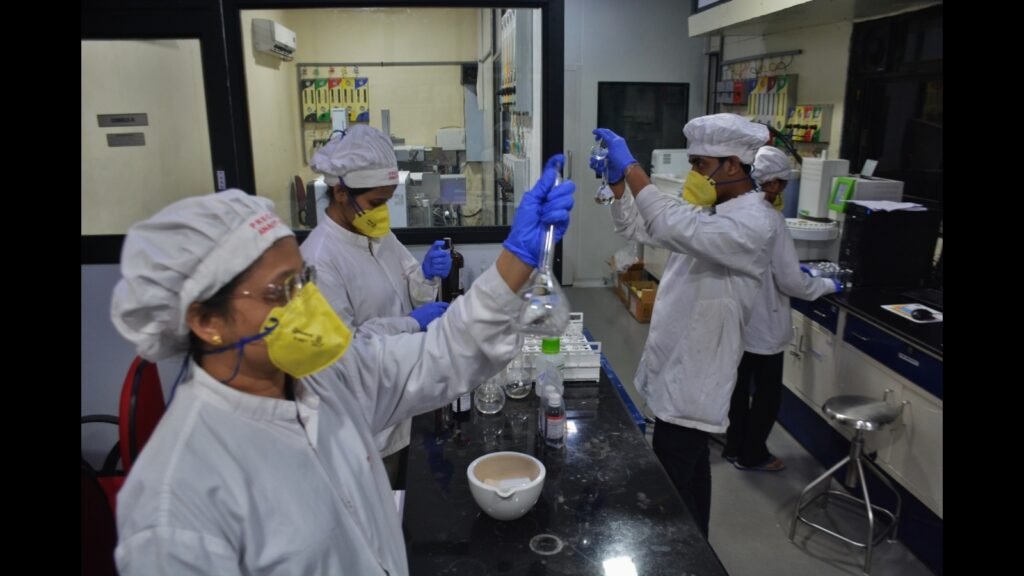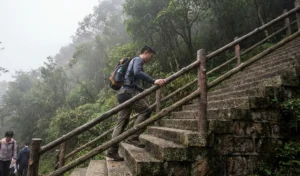
Developments in science and technology have no doubt led to a paradigm shift in human capability, leading to humanity making strides never visualized before. As a consequence, there has been a disproportionate rise in consumption. While this may have augured well for the economy, it has also led to sustainability issues that are becoming progressively difficult to resolve. No doubt, some resolutions, such as the move to circular economy, can come about through further research and application of technologies. Some alleviation can also come about through restrained human behavior and responsible attitudes.

The world, however, seems to be moving closer to catastrophic instabilities threatening the very existence of humanity. An added dimension is the fact that the rate of new technology-driven changes is accelerating and is perhaps close to outpacing the ability of humans to put in place the required governance frameworks and sustain the societies. Self-governance, guided by universally cultivated values — to maintain oneself on the right path despite the lag in evolution of social governance framework — relevant to the new situation is the need of the hour. One needs to develop deeper insights in science and humanities together through collaborative research to realize such an objective.
The drivers for such research effort would clearly depend on right values influencing the research translation and adoption of resultant technologies in a manner that empowers all while exploits none. Trade, driven by vendor-buyer transactional mindsets, as the prime mover of the economy is unlikely to nurture such values. In contrast, co-creation involving potential technology consumers can. Our Indian value system, embedded in co-existence in harmony with all living systems around, is well placed to take comprehensive and collaborative research in science and humanities forward.
As an example, can the rapid strides currently taking place in AI be circumscribed by values that assure sustainability of humanity?
Let us take the example of energy. There is increasing demand for energy as it is a key contributor to better quality of life and economy. While energy resources are finite and development aspirations of much of the world are yet to be realized, we have arrived close to a tipping point challenging our very existence. Of the energy resources we use, renewable energy sources like solar and wind are diffused and while they meet the important sustainability criteria, they can potentially satisfy the needs of a place where population density is not high.
Fossil fuels, however, are relatively intense and can cater to human energy needs. But these resources are finite. Further, global warming, as a result of emission of greenhouse gases arising from fossil energy use, has created an existential threat for humanity. This has produced a global consensus on eliminating net carbon dioxide emissions into the atmosphere, restricting the use of fossil energy.
This has brought nuclear energy to the center stage. Nuclear energy, being intense and without much carbon dioxide emission, can meet energy needs without the fear of global warming with much lesser consumption of the earth’s resources. However, apprehensions around long-term safety, security, waste management and societal acceptance have restrained both the growth as well as the potential of nuclear energy.
The time has now come to examine, with both scientific and societal perspectives, how to embrace nuclear energy safely and responsibly so that its full potential can be harnessed to counter global The warming that threatens our existence. Use of thorium, which India has in abundant measure, considerably eases concerns related to nuclear energy because of its inherent proliferation resistance and better safety and performance. characteristics. India, with its focus on thorium, should take the lead in addressing her needs as well as that of the world in a safe and sustainable way. Given our decades of research, this seems eminently doable.
An essential element in realization of such objectives is coherence among all stakeholders. This needs a conversation among diverse and enlightened stakeholders, well beyond the hierarchy. It also requires spelling out the top level objectives and promoting liberal participation from a wide spectrum, to fill in and complete the picture. An optimum combination of top-down and bottom-up approach with respect for diversity and excellence is what will take us to true self reliance and free us from the grip of vendor driven logics that compromise our autonomy of decision making.
Anil Kakodkar is former chairman, Atomic Energy Commission of India. The views expressed are personal. This is part of a series of articles for Nobel Prize Dialogue India 2025 that will be held in Bengaluru and Mumbai on November 3 and 5, in partnership with Tata Trusts.





